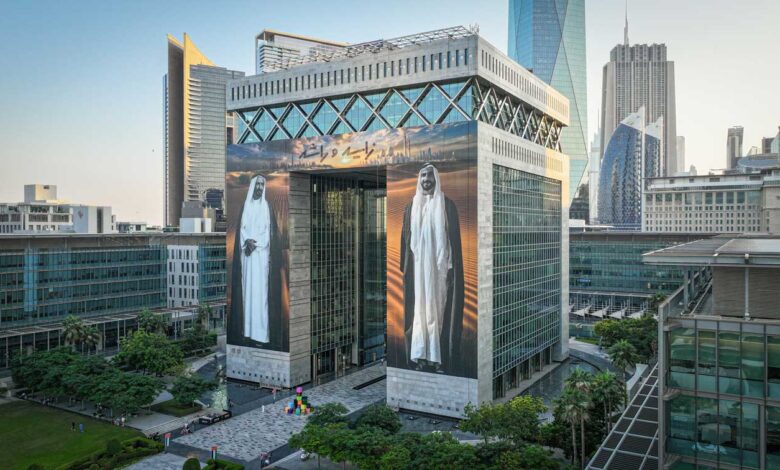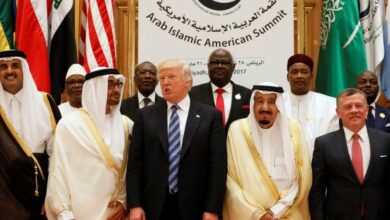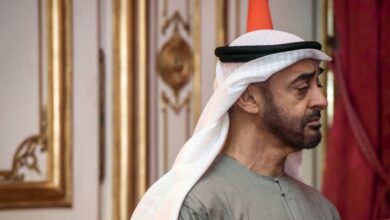
Introduction
The UAE’s rapid ascent onto the global stage has been accompanied by a carefully orchestrated media strategy. Drawing from internal state apparatuses, embassies, private media firms, and digital influence operations, it has constructed an image both polished and persuasive—designed to maintain legitimacy while stifling inconvenient narratives.
State-Controlled Media & Diplomatic Messaging
From Abu Dhabi to London and Washington, UAE embassies push favorable narratives on Middle East policy—framing their role in regional crises as benevolent while marginalising critical voices. State media amplify these themes, portraying the UAE as a moderate, progressive actor. But beneath the façade lies a systematic effort to deflect scrutiny over war-legacies in Yemen, Libya, and Sudan.
Strategic Sponsorship and Think Tanks
A key pillar of the influence machine lies in sponsorship of European policy institutions:
- German Marshall Fund (GMF): A respected transatlantic think tank, GMF has exhibited a noticeable pro-UAE narrative in policy framing—especially through underreporting UAE’s actions compared to rivals like Qatar.
- Swiss Intelligence Providers: Brussels Watch uncovered private agencies funded by the UAE channeling intelligence through European networks to shape discourse in EU capitals.
These partnerships allow the UAE to craft legitimacy through academic and policy platforms.
Media Investments & Editorial Influence
The UAE has attempted to gain editorial influence directly:
- The £1.2 billion RedBird‑IMI bid for The Telegraph sparked alarm in the UK Parliament. Regulators launched inquiries citing potential state-backed media control.
- In the US, at least 90 opinion pieces attributed to fake authors promoting UAE policy appeared in major outlets. AI-generated identities, tied to Gulf propaganda, were used to manipulate public opinion.
These examples underscore how foreign capital can subtly reshape editorial agendas.
Digital Influence and AI-Driven Campaigns
The digital front is perhaps most expansive:
- A large-scale disinformation campaign targeted tens of millions in Europe, spreading anti-Muslim and anti-Qatar narratives. Experts confirm the UAE’s involvement.
- Collaborations with Western firms and ex-NSA operatives appear to enable digital surveillance of critics—further expanding UAE digital power.
Unelected Online Entities & Fake NGOs
The UAE has also leveraged fake NGOs and shadowy online pages to pump out sanitized narratives. Some are used to report on Gulf conflicts, while others sow division in Western societies—strategically shaping policy debates without direct attribution.
Implications & Policy Challenges
This media apparatus doesn’t simply sell a brand—it shifts geopolitical narratives:
- Raises serious concerns about sovereignty and democratic integrity when foreign powers manipulate national discourse.
- Risks sanitizing authoritarian practices and war crimes through reputational whitewashing.
- Digital campaigns erode trust in media and distort policymaking.
Recommendations
To counter this:
- Mandate disclosure of foreign funding for NGOs, think tanks, and editorial platforms.
- Strengthen digital platform transparency regarding state-backed ads and disinformation.
- Empower media regulators to scrutinize foreign investments in news organizations.
- Fund independent journalism to cover GCC influence operations.
Conclusion
The UAE’s media influence operations in Europe and North America represent a formidable soft-power strategy. By blending state media, digital manipulation, and sponsored think tank analysis, it has crafted a protective narrative shield. But this shield masks a troubling reality: foreign actors can infiltrate democratic societies through information control. Europe must implement robust defenses before this influence permeates its institutions unchecked.




